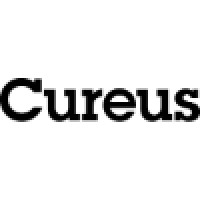“Epilepsy is considered to be one of the most common non-communicable neurological diseases especially in low to middle-income countries. Approximately one-third of patients with epilepsy have seizures that are resistant to antiepileptic medications. Clinical trials for the treatment of medically refractory epilepsy have mostly focused on new drug treatments, and result in a significant portion of subjects whose seizures remain refractory to medication.
The off-label use of cannabis sativa plant in treating seizures is known since ancient times. The active ingredients of this plant are delta-9-tetrahydrocannabinol (THC) and cannabidiol (CBD), the latter considered safer and more effective in treating seizures, and with less adverse psychotropic effects.
Clinical trials prior to two years ago have shown little to no significant effects of cannabis in reducing seizures. These trials seem to be underpowered, with a sample size less than 15. In contrast, more recent studies that have included over 100 participants showed that CBD use resulted in a significant reduction in seizure frequency.
Adverse effects of CBD overall appear to be benign, while more concerning adverse effects (e.g., elevated liver enzymes) improve with continued CBD use or dose reduction. In most of the trials, CBD is used in adjunct with epilepsy medication, therefore it remains to be determined whether CBD is itself antiepileptic or a potentiator of traditional antiepileptic medications. Future trials may evaluate the efficacy of CBD in treating seizures due to specific etiologies (e.g., post-traumatic, post-stroke, idiopathic).”
https://www.ncbi.nlm.nih.gov/pubmed/30443449
https://www.cureus.com/articles/14699-epilepsy-and-cannabis-a-literature-review

